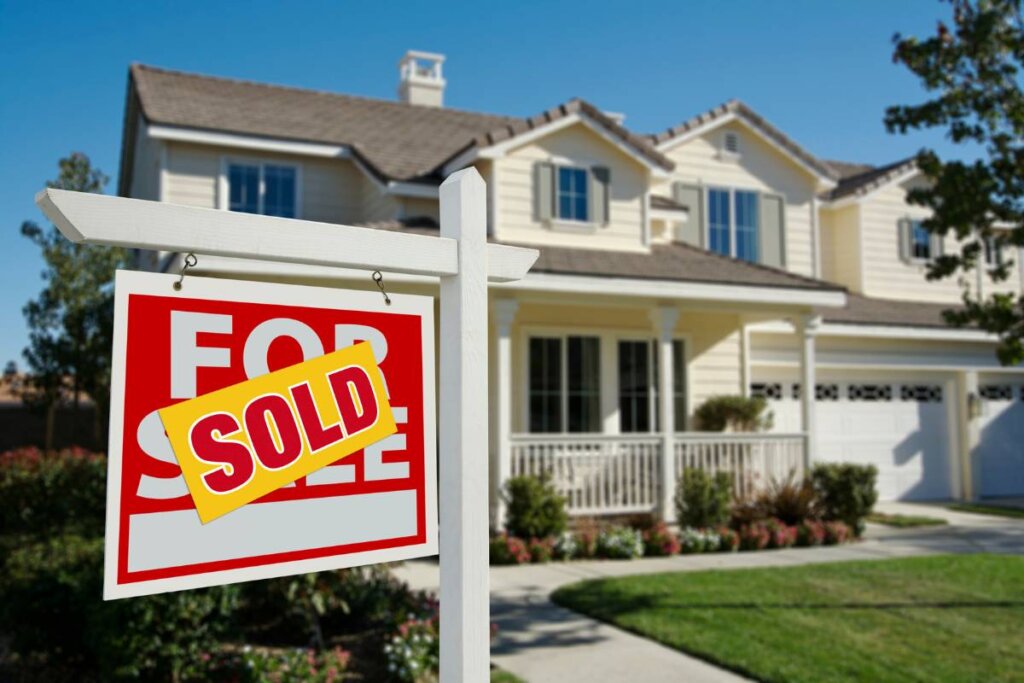Owning a large home once made sense. Maybe it was filled with family, guests, or the dream of more space. But now, things might feel different. If you’re starting to wonder whether your home still fits your lifestyle, you’re not alone. Many homeowners in Pennsylvania suburbs are starting to ask the same question: Is it time to simplify?
This guide walks through eight clear signs that it might be time to consider selling your larger home and downsizing to something that works better for your current needs.

1. You’re Only Using a Few Rooms
Empty bedrooms. A basement you haven’t touched in months. A dining room that only gets used twice a year. If much of your house is sitting unused, you’re likely spending more money and energy than necessary on space you no longer need.
2. Maintenance Is Overwhelming
Big homes mean big upkeep. In older Pennsylvania homes, that can include everything from aging plumbing and roof issues to never-ending yardwork. If your to-do list feels unmanageable or you’re constantly hiring help, that’s a strong sign it might be time to scale down.
3. Property Taxes or Utilities Are Too High
Monthly costs like heating, cooling, and property taxes can add up fast — especially in suburban counties with rising assessments. If you’re falling behind on bills or dipping into savings to keep up, downsizing could bring financial relief and peace of mind. According to the U.S. Department of Energy, heating and cooling large homes significantly increases monthly energy bills, especially during extreme seasons
4. Health or Mobility Challenges Are Growing
As we age, stairs, narrow hallways, or dated bathrooms can become risky or uncomfortable. If moving through your home is starting to feel like a challenge, transitioning to a more accessible home can improve both safety and daily comfort. As the National Institute on Aging explains, aging in place can require key home modifications — which aren’t always practical in older, multi-story houses.
5. You’re Feeling Isolated
Large, quiet homes can feel especially lonely after children move out or a spouse passes away. Downsizing to a smaller home, closer to family or a more social community, can ease that isolation and support your well-being.
6. You’re Craving Simplicity
Less to clean. Less to repair. Less to worry about. Downsizing can help you reclaim your time and energy. For many people, it opens the door to a more carefree lifestyle and a home that supports peace rather than stress. AARP highlights that downsizing can be both financially freeing and emotionally challenging, especially when leaving a long-time home
7. You Want to Free Up Equity
Your home is likely one of your biggest financial assets. Selling a larger property can unlock equity for retirement income, travel, medical care, or supporting family. That liquidity can create flexibility and freedom in your next chapter.
8. Selling Now Might Maximize Your Return
Pennsylvania home values have cooled slightly from the pandemic peak, but demand remains strong in many suburban areas. Selling before the market shifts further can help you capture top dollar while buyers are still active.

What Downsizing Could Look Like
Downsizing doesn’t mean giving up comfort or independence. It could mean:
- Moving to a smaller single-family home or ranch-style property
- Choosing a low-maintenance condo or townhome
- Joining an active adult community with amenities
- Relocating closer to loved ones
- Smaller homes often mean lower bills, easier upkeep, and more peace of mind.
What If You’re Not Ready to Sell Yet?
Downsizing is a process, not a rush. You might choose to explore your home’s value, rent out part of your property, or simply plan for the future. Emotional attachment to your home is completely normal.
We’re here to help you weigh your options with no pressure.
Final Thoughts
Deciding to downsize is deeply personal. But if several of these signs resonate with you, it might be time to take the first step.
Curious what your PA home might be worth — or what a downsized future could look like? Get a no-obligation consultation with our team at Liberties Homes. We’re here to help you move forward on your terms.
